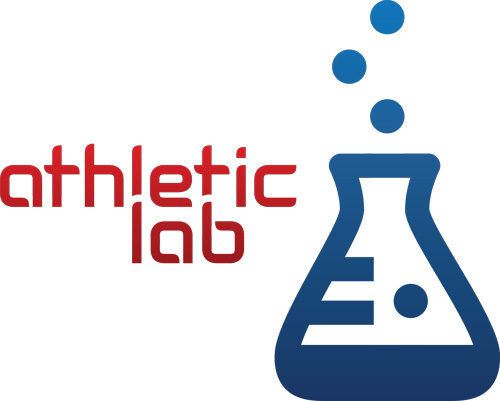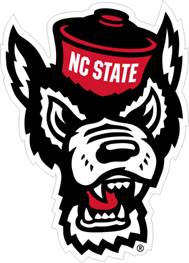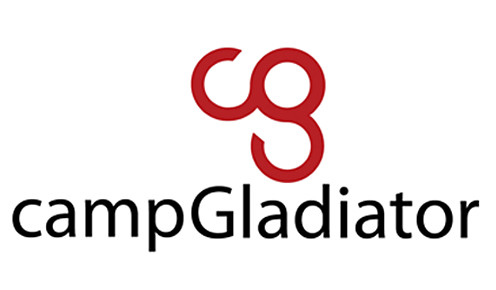Author: Breanna McLane, ATC
In the journey towards achieving our fitness goals or just keeping up with staying active daily, there is a large focus on physical training. You see it everywhere you go whether that be articles, YouTube, or from your local gym. However, there is another component of this journey that is often overlooked. This component is nutrition.
Movement demands a lot from our bodies. Food is our fuel. It’s what keeps us going. Food not only fuels us through our everyday movements but with good nutrition after exercise, our body is receptive to nutrients. This helps to aid in the recovery process. So whatever our body uses, we must replace.
The first step into nutrition is understanding our macronutrients.
Carbohydrates are our primary energy source. Whenever we move, our body uses up energy which needs to be replenished in the form of carbohydrates. It’s recommended that 55-60% of caloric intake comes from carbs. Examples of carbohydrates are grains, fruits, beans, legumes, and vegetables.
Fats are lipids. They form body structures, regulate metabolism, provide energy, keep the body warm and protect organs. It’s recommended that 30% of caloric intake comes from fats. Examples of fats include milk, butter, cheese, oils, nuts, and avocados.
Proteins build and repair tissue and synthesize hormones. It’s recommended to be about 10-15% of caloric intake. Examples of proteins include lean meats, fish, eggs, Greek yogurt, lentils, and tofu.
Other things that play a large role in nutrition are vitamins and minerals which are considered micronutrients. Both aid in a large variety of body systems to make sure they function correctly throughout the body.
Hydration is another key factor. A large percentage of our body is made up of water (60%). Water helps with regulating body temperature, body functions and the transfer of nutrients.
There are different ways to make sure you are getting the fuel you need for your body. Meals that include a balance of proteins, carbohydrates, and fats is a great start. Lots of variety and options make meals less boring. Doing meal prep or having nourishing food on hand gives you a plan so you will be less likely to reach for less nutritious options.
When it comes to nutrition, every individual’s body is unique and thus their needs. A great resource includes choosemyplate.gov which gives good resources for eating a balanced meal. There are other apps and food journals that can help to keep track of the things you consume. As always, consulting a professional such as a nutritionist or physician may be a better choice to help tailor to you specific needs. Just remember by prioritizing nutrition you’re not only being smarter about your recovery but also helping create a foundation for better performance/recovery.
Breanna is a Licensed and Certified Athletic Trainer who Graduated from Manchester University in Indiana in 2015 with a B.S. in Athletic Training. She spent 7 years as a High School Athletic Trainer both in Indiana and North Carolina providing coverage for a variety of sport teams. Currently, she is part of Raleigh Ortho Performance Center, working in the clinic setting. In her downtime she enjoys staying active, reading, art, and cooking.









